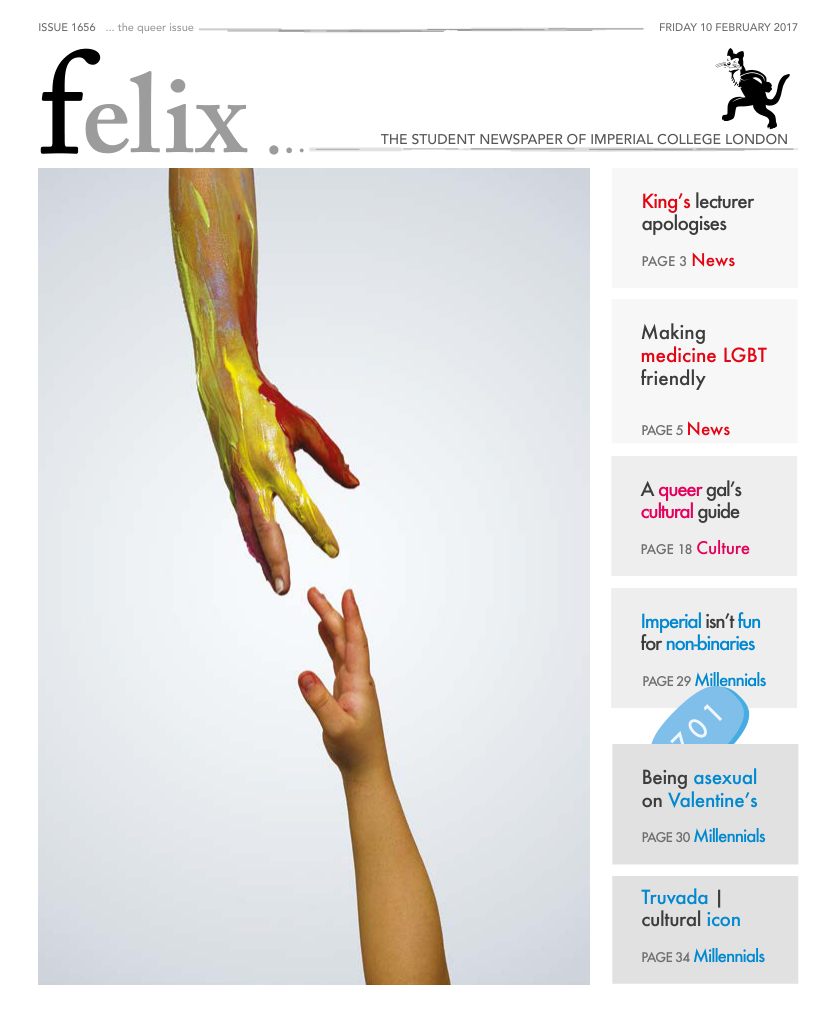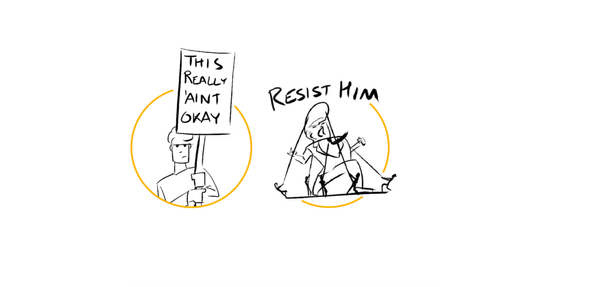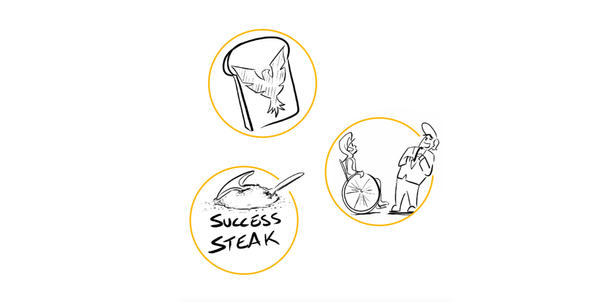The Romanian protests are an unlikely beacon of democracy
Claudia Mihai discusses the recent anti-corruption protests in Romania

A brief glance at the main headlines and you can see that the past month has been filled with protests, discontent, and outrage. While the world is watching the United States, Eastern Europe is facing its own demons as formerly communist country Romania is seeing its largest protest since the fall of the regime.
On Tuesday night, the 31st of January, the Romanian government passed an emergency decree that legalised corruption. More specifically, it explicitly decriminalised some offences, including nepotism and official misconduct resulting in financial damage under 200,000 RON (roughly £38,000). It was initially supposed to be effective immediately, but was soon revised to only take effect ten days later.
People across the country went into the streets in the middle of that very night; there were 15,000 in Bucharest alone, asking for the government’s resignation. It was only the next day they found out that a temporary replacement government would not have the power to repeal the decree. The crowds immediately changed their requests to explicitly asking for repeal, followed by resignation.
The press conference held on Wednesday was also a fuelling disaster. Avoiding questions seemed to be the theme of the event, as the Ministry of Justice replied with “Next question” a grand total of 24 times. The government did supposedly repeal the decree on the 5th of February, following a protest that had already grown beyond the country’s borders. However, it appears doubtful that the repeal is valid. Additionally, they immediately introduced the same law for parliamentary debate, where the leading party also holds the majority of seats. Throughout these events, Romanians have surprised themselves and each other. They are accustomed to the less than elegant view that Western Europe generally holds of their country and people. They also take pride in their nation’s historical achievements. It is the latter feeling that has provided the energy necessary during the past couple of weeks.
Romania remembers violence. So when a certain football gallery was sent to agitate the mass of protesters in Bucharest, to give cause for criticism, the people detached themselves from the violent group. When a few run out of patience after several nights in a row of standing and shouting in the cold, others calmed them down quickly. They supported and protected each other.
It seems unbelievable to the Romanian government that the people have organised so well. So unbelievable, in fact, that government officials have speculated that they have been paid to protest. However, it is solely through social media and word of mouth that these protesters have organised and kept informed. It only took a couple of people with knowledge of the law, reading the decree and explaining it, for it to spread like wildfire.
It is clear that Romanians are aware of how corrupt their politicians are, and they appear to have lost hope as a result. It is why too many choose not to vote at all. That is obviously the wrong decision, as the consequences are painfully clear now. However, they have now “woken up” as one of their main slogans directly states. Moreover, they are fighting against the overwhelming corruption in a rather traditional manner. It is often in Romanian culture and history that tragedies are transformed into 'tragicomics' so as to better cope. It comes as no surprise then that the protests have shown humourous slogans and puppets representing the political individuals at the core of this discontent. Social media also seems to be equal parts serious discussions and memes.
I wish I could be home for these events. I only attended the protests in London on Friday and Saturday, and I had not expected too much energy. However, I am both ashamed and happy to say that I underestimated the anger that unites us. Being away from home has not killed our roots.
It was during the evening hours of Saturday that I found myself protesting next to a gentleman with the somewhat classic look of a middle-aged bohemian. I had not paid attention at first, but amongst the shouts all around me, I overheard that he had attended both the revolution of December 1989 and the Mineriad of June 1990. It is a particular sort of pain I felt then; the kind that arises when I'm eminded that the people who have participated in those events, hoping for a better future, are still here to witness what is happening now.
The communist era of Romania has become a leitmotif in our culture. Some miss the good old times, although most vow it will never happen again. We have either lived through it or been raised hearing about it. However, reading coverage of these weeks’ events in the British media, I saw Romania described as “an unlikely beacon of democracy.” While flattering, I disagree with the sentiment. It is perhaps through the tragedy of our past that we are more likely to fight for our present.









